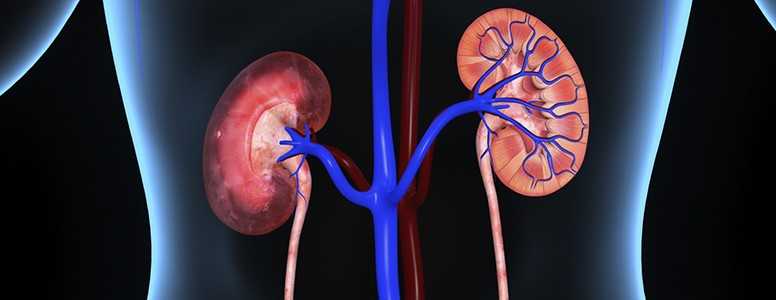Very low rates of kidney disease have been observed in a Norwegian trial involving adults who developed type 1 diabetes as children.
End-stage renal (kidney) disease is one the most severe complications in type 1 diabetes, so these findings represent good news that the incidence was low.
Scientists from Oslo University Hospital, Norway, investigated the incidence of 7,871 adults with childhood-onset type 1 diabetes (classified as diagnosis under the age of 15 years).
Follow-ups continued for up to 42 years, until patients either developed ESRD, died or emigrated. Data was based from the Norwegian Childhood Diabetes Registry, from which researchers estimated the cumulative incidence of ESRD. The follow-up period ended in November 2015.
In total 103 individuals developed ESRD, which equated to 1.3% of the cohort. The mean time from diabetes diagnosis to ESRD was 25.9 years. In those living with type 1 diabetes for 40 years, the incidence of ESRD was around one in 20 (5.3%).
The risk of ESRD was shown to be higher among those diagnosed between 10-14 years compared with those diagnosed before the age of 10. Additionally, men were shown to have a slightly higher risk than women.
No significant differences regarding risk were identified among those diagnosed with diabetes between 1973-1982 and in 1982-2012.
People with type 1 diabetes can delay or even prevent the development of ESRD by maintaining good blood glucose levels and blood pressure.
Attending annual diabetes health checks is pivotal to ensure any signs of complications are identified as early as possible and treatment is initiated to prevent progression.
Earlier this month, US researchers discovered that people with type 1 diabetes have unique inflammation patterns which could be examined to prevent or delay diabetic kidney disease.
The findings of the Norwegian study appear online in Diabetes Care.
What's new on the forum? ⭐️
Get our free newsletters
Stay up to date with the latest news, research and breakthroughs.




